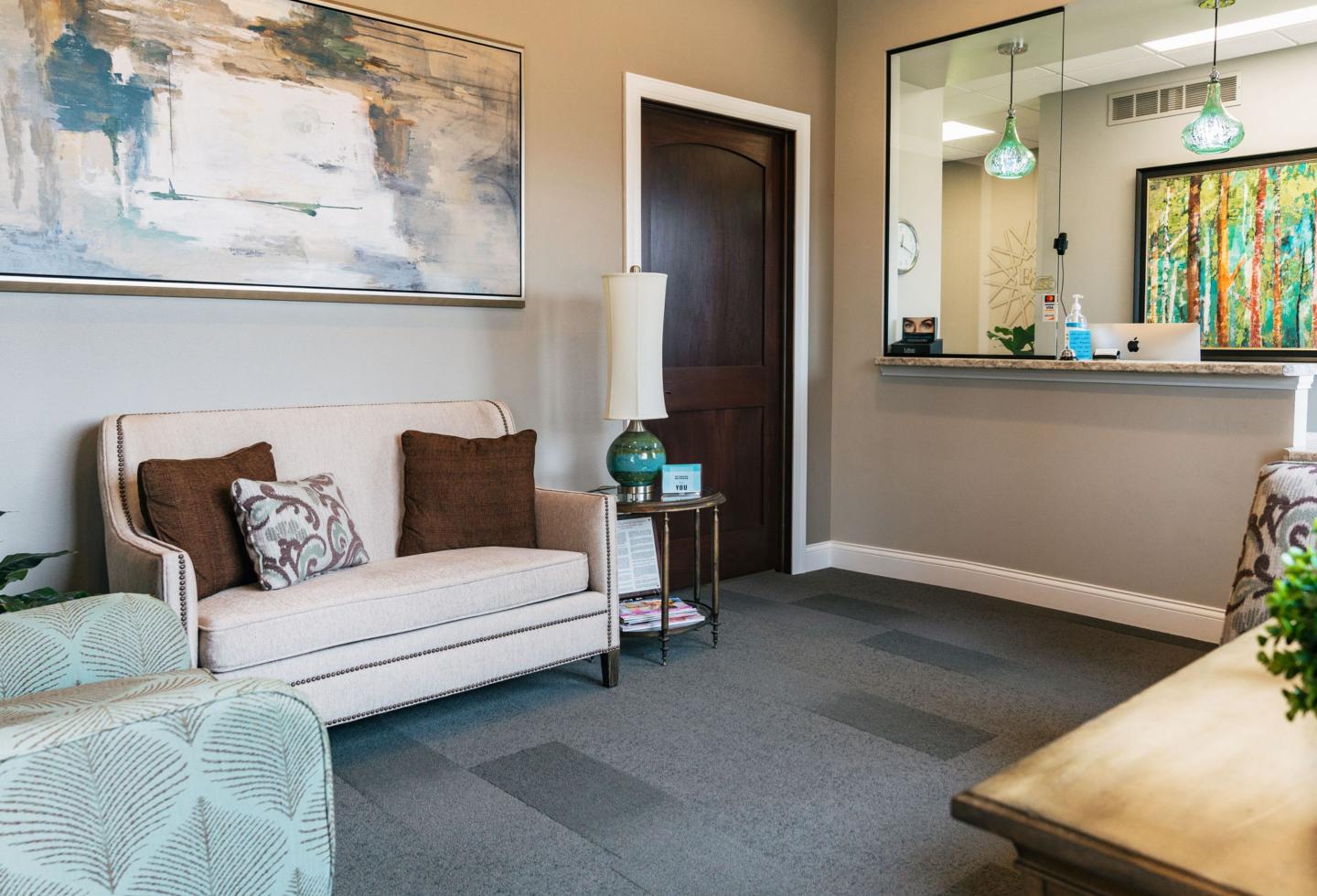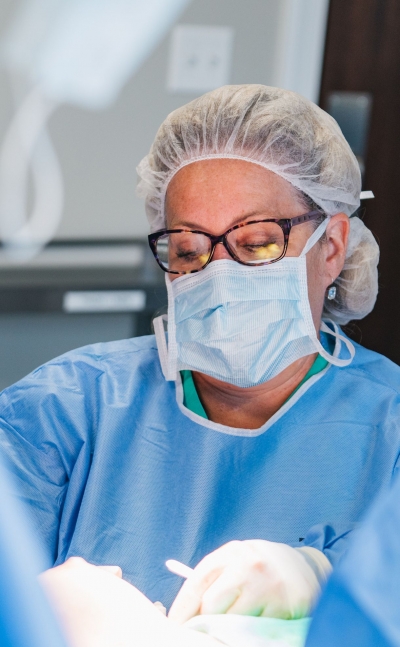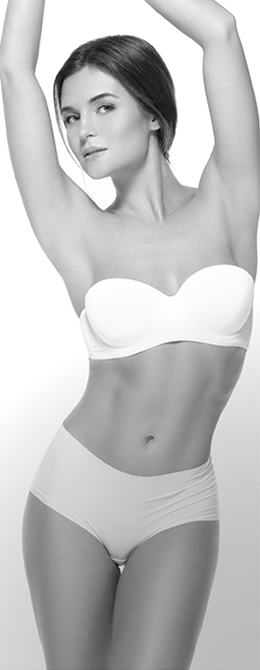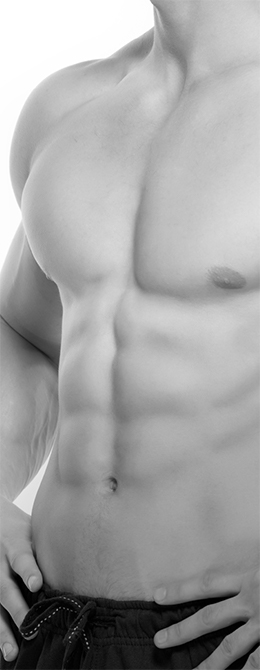
Preparing for your surgery

Before Your Surgery
- No smoking, vaping, nicotine containing products (gum, patches, etc.) for a minimum of 2 weeks prior and 2 weeks after surgery
- We test for nicotine and your surgery could be canceled if there is a question of nicotine use
- Avoid Aspirin or Aspirin containing products; Motrin, Aleve for 5 days prior to surgery
- Do not eat or drink after midnight the night before surgery, this includes gum, hard candy and mints, etc.
The Morning of Surgery
- Take your morning medications with a small sip of water
- Please shower or bathe, and brush your teeth the morning of surgery
- Leave all valuables and jewelry at home
- At least one finger needs to be without fingernail polish (to accurately check your oxygen levels)
- Contacts cannot be worn during surgery, please bring a case if you wear contacts
- Wear loose-fitting, comfortable clothing to surgery. Something that will be easy for us to dress you in after surgery
After Surgery
- You must have someone to drive you home & it’s best to have someone stay with you the first 24 hours
- We cannot release you to a cab, driving service, or to drive yourself
- You will need a driver for your 1 day post surgery appointment
- Ice will be your best friend after surgery! Use it!
- Do not use heat (your sensation in the areas of surgery may not be normal and heat can actually cause a burn)
- You may have some drainage from your incisions.
- Some procedures will have more drainage - These will be discussed at your pre-operative exam
- Drains are in place after a tummy tuck and you will be shown how to empty and care for the drain
- Rubber band drains are in place after some facial and breast lift procedures and these can lead to more drainage.
Medications You Will/ May be Prescribed
- Keflex (Cephalexin) - mild antibiotic
- One pill is taken 3 times a day for 5 days, starting the evening of surgery.
- In patients with a penicillin allergy, a different antibiotic will be prescribed.
- Norco (Hydrocodone) - pain pill
- Pain pills are prescribed for use in the first 2-3 days. Within 24 hours, most patients can begin transitioning to non narcotic pain control (below)
- Take one pain pill as needed every 6 to 8 hours for pain
- After the first 2-3 days, Tylenol or Motrin should be taken and narcotics avoided.
- Do not drive while taking pain medication
- This should always be taken with food as it can cause significant nausea when taken on an empty stomach
- Pain pills can also cause constipation- take a stool softener if this is an issue for you.
- Valium (Diazepam) - muscle relaxer
- A muscle relaxer is only prescribed if there has been surgery involving muscles
- (breast augmentation, tummy tuck)
- ½ to 1 pill is taken every 6 hours as needed for cramping, or tightness or muscle discomfort (tummy tucks and breast augmentation)
- This is a great medication to take when you are feeling tightness, cramping, or spasms.
- Do not drive while taking muscle relaxants
- Diflucan (Fluconazole) - anti-yeast medication
- Some people are very sensitive to antibiotics and develop yeast infections when taking antibiotics. If you have this problem, let us know and we will make sure you have the appropriate medications
- Acyclovir - anti-virus medication
- Deeper laser treatments may reactivate cold sores and we will prescribe medications to lessen the chance of this occurring
Anesthesia
During your surgery anesthesia providers (CRNA) are there to ensure your safety and well being. They are with you the entire time during surgery, monitoring your heart and lungs and keeping you comfortable and safe. They are with you until you are awake after surgery.
While anesthesia is very safe, there are some risks / side effects:
- Dizziness or unsteadiness
- Temporary difficulty passing urine
- Bruising or soreness from the IV drip
- Nausea and vomiting
- Shivering or feeling cold
- Sore throat, from the breathing tube
Complications of Surgery
All surgery has some risk. Most risks are very minor and do not need any care. These may involve a small blood or fluid collection, small infection, small open area in the incision, or delayed healing. For complications and unanticipated outcomes, please review the individual procedure you are interested in pursuing.
Some things may happen which are not complications, but actually expected from the procedure performed. Healing and results are a combination of how your surgery is performed, how your body heals, and how well post-operative instructions and care is followed.
Scarring may be almost invisible or may be more noticeable. Scaring depends on how you heal, the area of surgery, and how you care for your scars following surgery. Expected side effects would include numbness in the lower tummy following a tummy tuck, unevenness that was present prior to surgery, and areas that were not treated are unchanged (full hips or muffin top if we only worked on the tummy).




